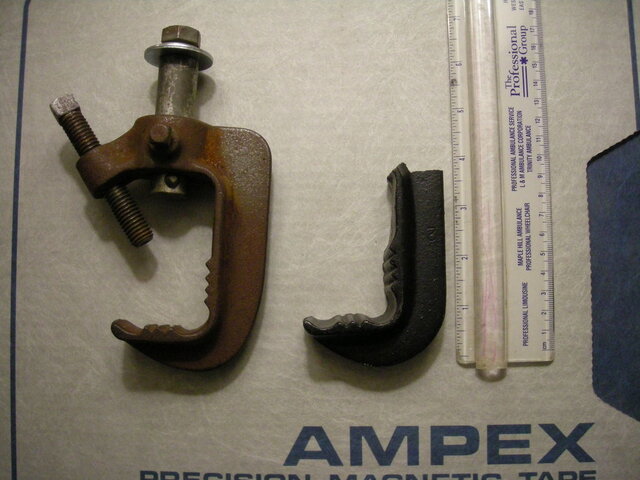Thelightinggal
Member
Hello everyone! Maybe someone here can help me...or maybe kick me around, I don't know. But I feel like I have a serious issue...but maybe its not so serious. I am a new graduate student in lighting design, I did my undergrad in technical theatre, and have been around lighting for the past 8 or so years. But for whatever reason...there is a fear that I CAN NOT seem to get over. When I go to focus a light, I ALWAYS fear that I am going to drop it, that its going to fall to the ground and hurt someone..and I could lose my job. Since I have this fear, I take longer to focus a light. Now I UNDERSTAND that the industry standard is like a minute and a half or so to fully focus a light. But I am not a union member.
This seriously concerns me. Maybe I am worrying about it way too much, but I feel like its serious.
Today I was focusing lighting for someone and I asked someone to come and help me with one light, he asked me very quickly what I was doing. I told him I was getting this kid to help me. But I really did not need him. I guess this kid who was calling focus really wanted to hurry up and I was the only one in the catwalk at the time.
Any advice? what do you think? Anyone have the same issue? Thank you all!
This seriously concerns me. Maybe I am worrying about it way too much, but I feel like its serious.
Today I was focusing lighting for someone and I asked someone to come and help me with one light, he asked me very quickly what I was doing. I told him I was getting this kid to help me. But I really did not need him. I guess this kid who was calling focus really wanted to hurry up and I was the only one in the catwalk at the time.
Any advice? what do you think? Anyone have the same issue? Thank you all!



